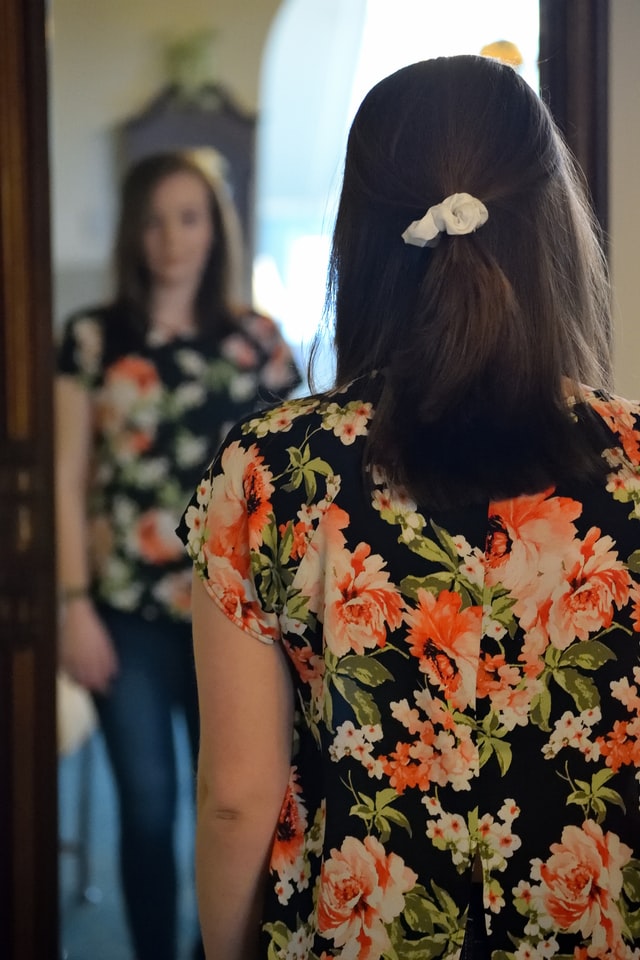My Week of Idleness
Sometimes say softly to yourself: “Now…now. What is happening to me now? This is now.”
To live now would be idleness. And because of our fear we have come to think of all idleness as selfish, not as creative and radiant.
-Brenda Ueland, If You Want to Write
I have a confession to make: I have an issue with idleness. The idea of just “being” and not “doing” anything feels utopian. It always seems that, moment-by-moment, something needs to be “done.”
In fact, sometimes I worry I’ll have a heart attack because it’s so hard for me to settle down. Even laying my head on the pillow doesn’t always do the trick. I’ll be so dizzy from processing thoughts, it becomes a labor just to think.
I’m not sure I know how to rise above this personal expectation that I should always be doing something — that idleness is awkward or selfish. But it’s something I’m working on (doing!).
So for the past week, I tried a minor experiment in productive idleness.
I played golf alone. I drove my car a long way in silence. I sat on the couch with my wife—without technology. And on four mornings I woke up before the family to sit in my backyard looking at the trees and sky.
I allowed myself to focus on being instead of doing.
It’s not easy for me, but here are a few ideas that are helping me open up to idleness:
1. Agree that idleness is good. At the University of Malta’s 2013 graduation, social anthropologist Mark-Anthony Falzon provided an impassioned defense of “both active and productive idleness. Active, because it posits idleness as a deliberate set of choices….Productive, because it is an essential component of a scholarly and creative mindset.”
We also need to “agree” that idleness is good because we live in community. I need my wife and colleagues, for example, to appreciate this deliberate set of choices.
2. Accept myself when I’m idle. In the Hebrew Bible, the devil is primarily understood as the “accuser,” which contrasts with God who is primarily understood through unconditional love. To me, this goes beyond theology to the experience of sitting alone with my thoughts, which leads to accusations like: I should be doing something more productive, or I’m not using the idle time wisely, or I’m just altogether unworthy as a person.
Does this mean, as many have implied by H.G. Bohn’s famous phrase, “the idle mind is the devil’s workshop,” that we should avoid idleness? Hell no! I can avoid the accuser by accepting myself when I’m idle.
3. Spend the value that’s created by idleness. Being idle makes deposits of creativity, restoration and insight into our bank account of value. When the account begins to fill, we should spend the money: paint, teach, write, build, invent and strengthen relationships.
When our “doing” is fueled by our previous idleness, it comes from a place of inspiration and wholeness. And it affirms why we took the time to be idle in the first place.
My friend from Cameroon told me that the biggest difference between parties here and there is that in Cameroon, people are comfortable sitting together for long periods without any conversation. “We enjoy just ‘being’ together.”
What a concept.
We were built to be idle but we run like machines. How can you invest in more deliberate and productive idleness this week?










Two great minds with a single thought! Good stuff Matt! http://michaelhyatt.com/098-how-to-regain-interior-margin-through-the-practice-of-stillness-podcast.html
I hadn’t seen that from Michael Hyatt – thank you!